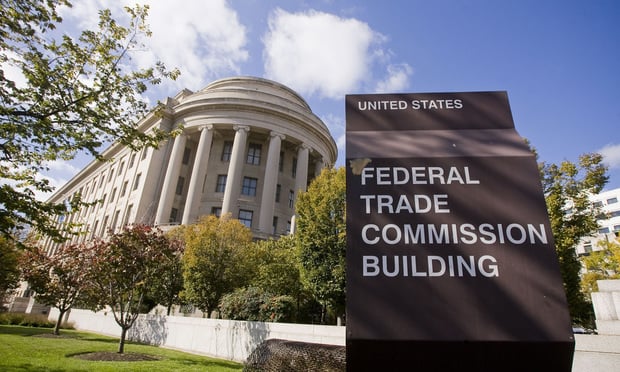As an issue of first impression, the Eighth Circuit recently held in Graham v. Barnette, 970 F.3d 1075 (8th Cir. 2020), that the Fourth Amendment requires the existence of probable cause that a person poses a danger to herself or others that calls for prompt action before the person can be lawfully seized for a mental-health evaluation.
The case arose from a series of interactions between Minneapolis resident Teresa Graham and law enforcement. One morning in May 2017, Graham called 911 and reported that an unidentified man was smoking marijuana in backyard. A police officer went to the scene, found no one, and left. Later in the day, Graham complained via voicemail to the commander of the local police precinct that no one had responded to her 911 call. In the early evening, a police officer returned Graham’s call and told her that her complaint about the man in her backyard had been investigated.









